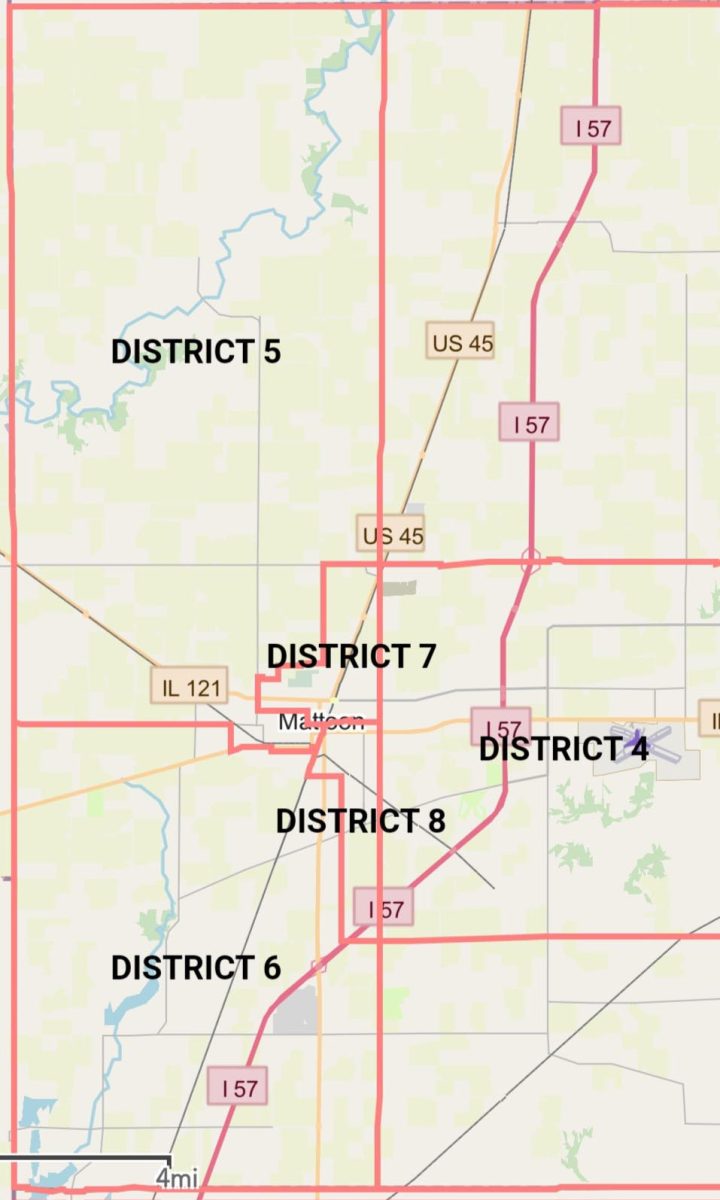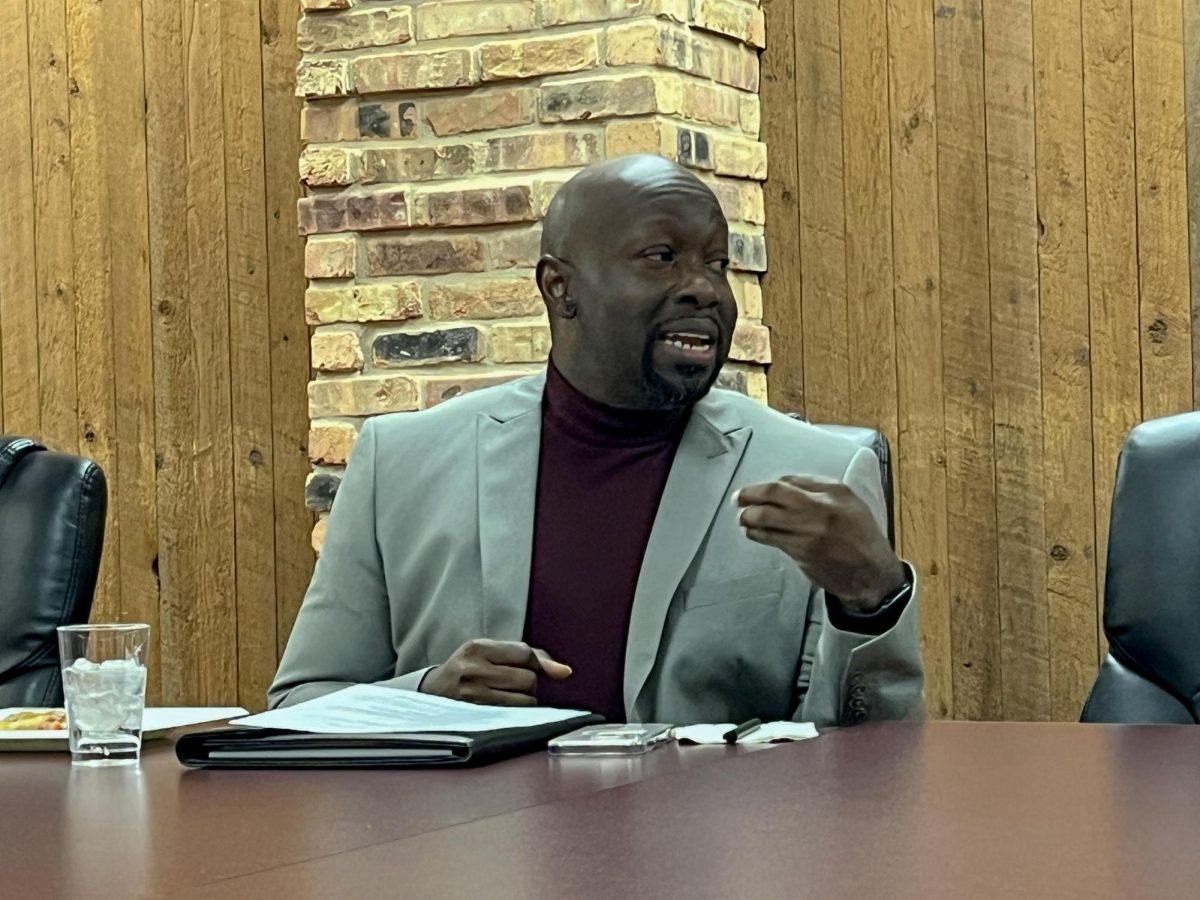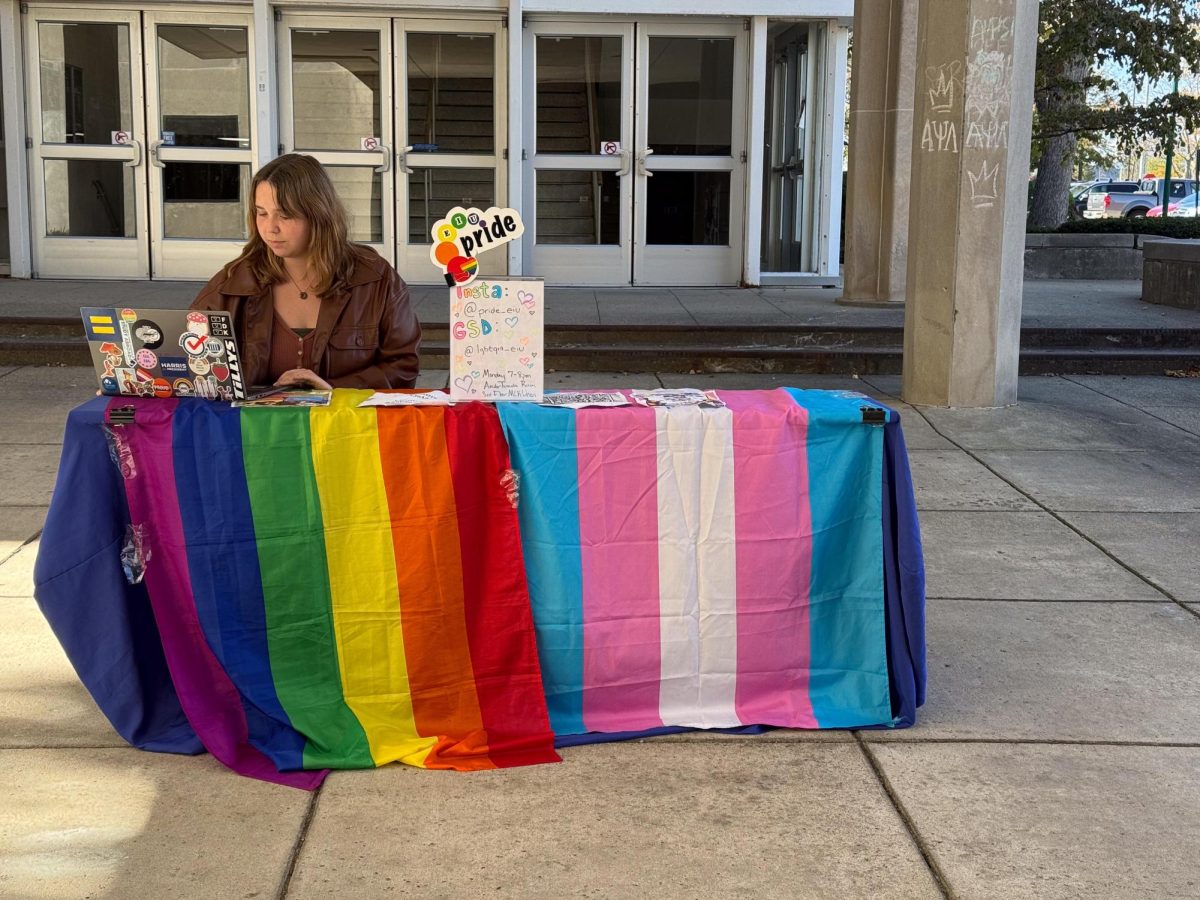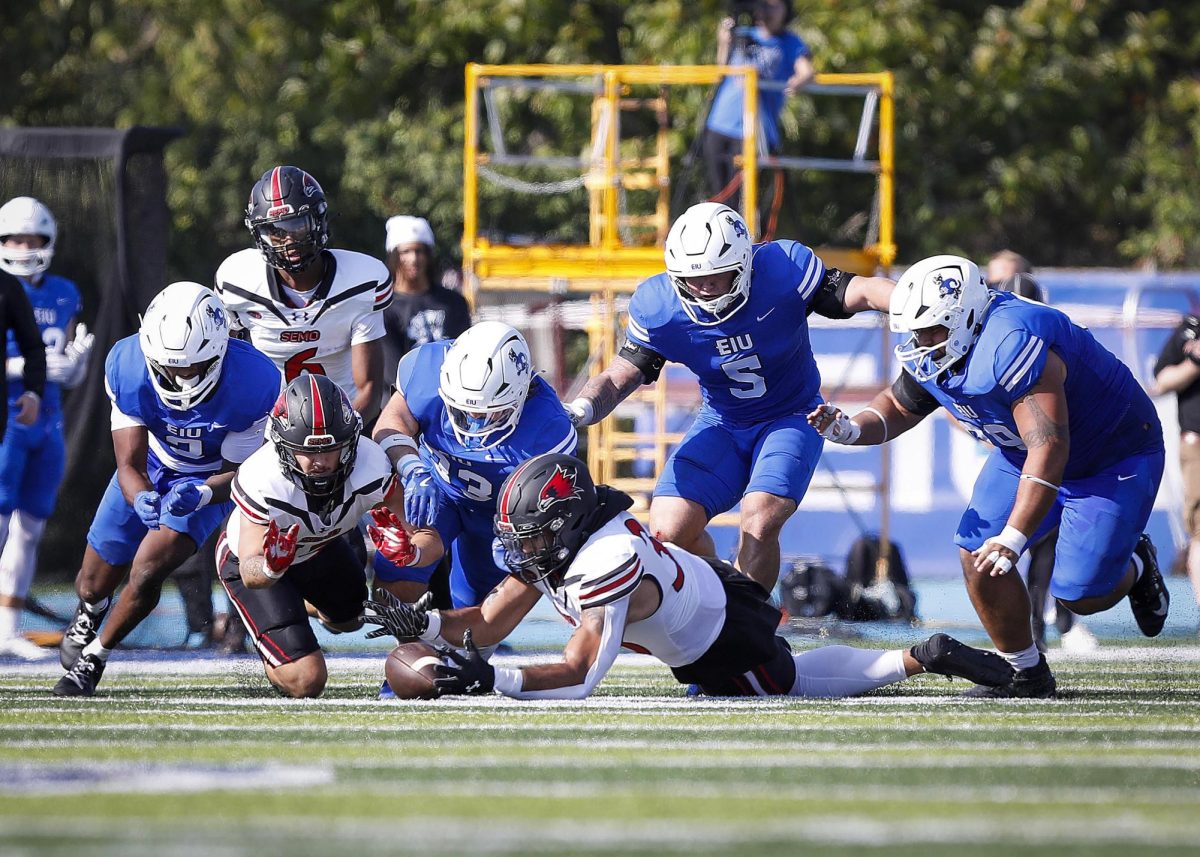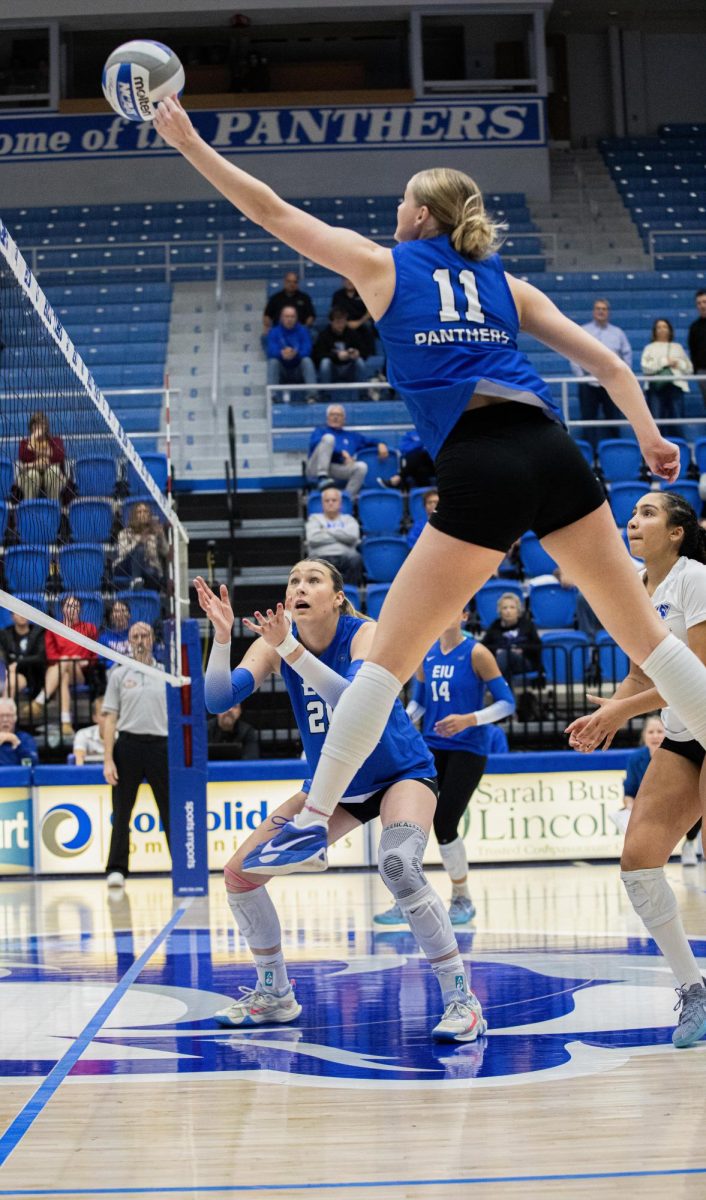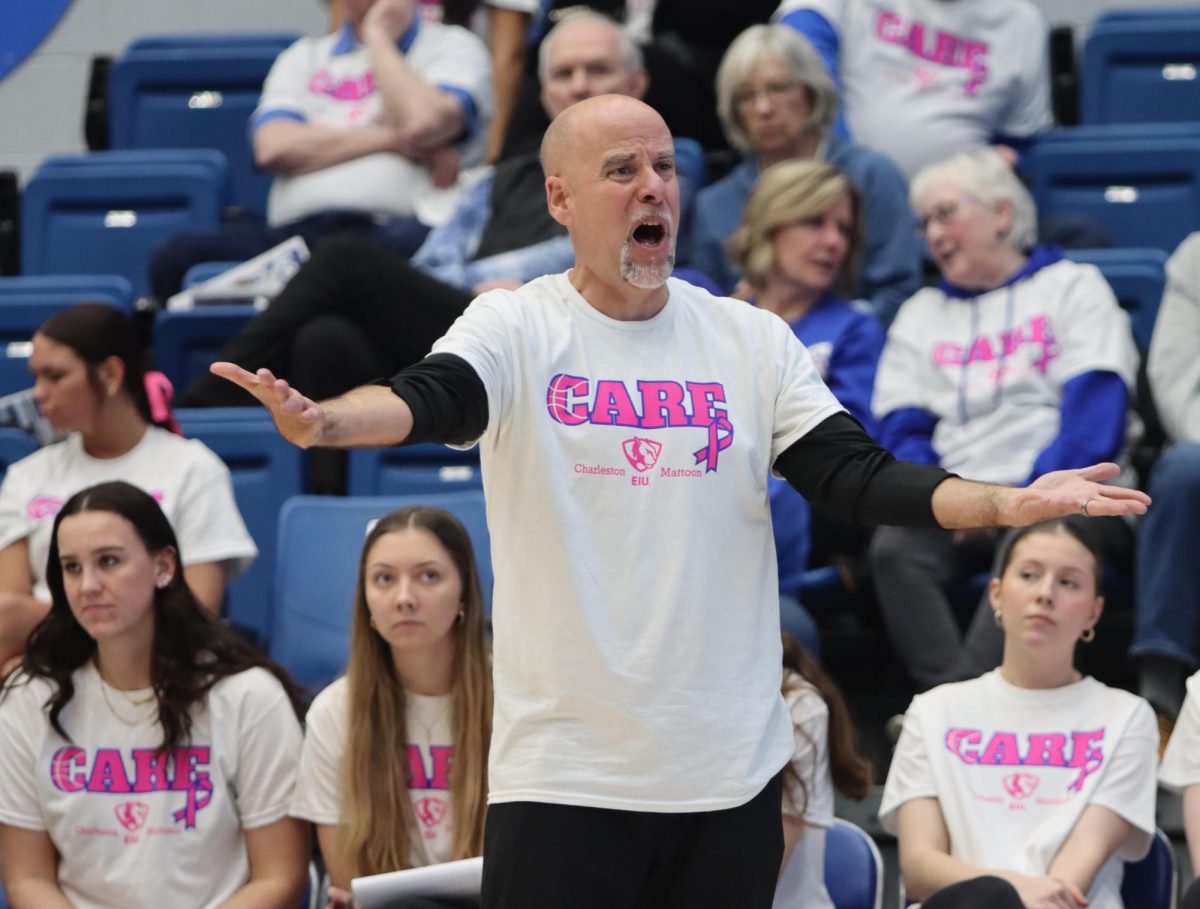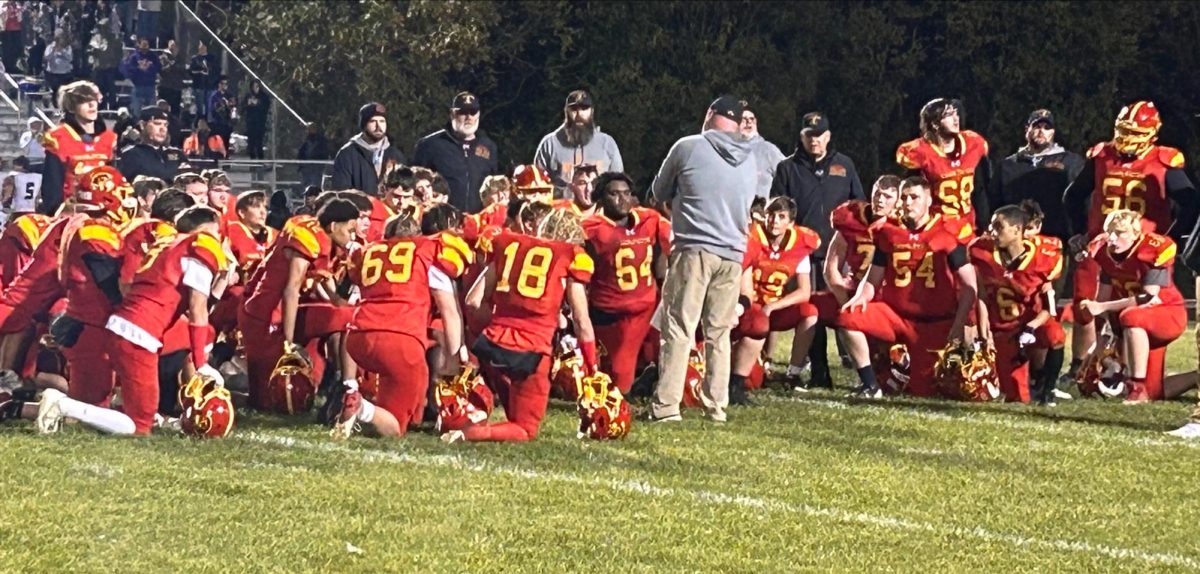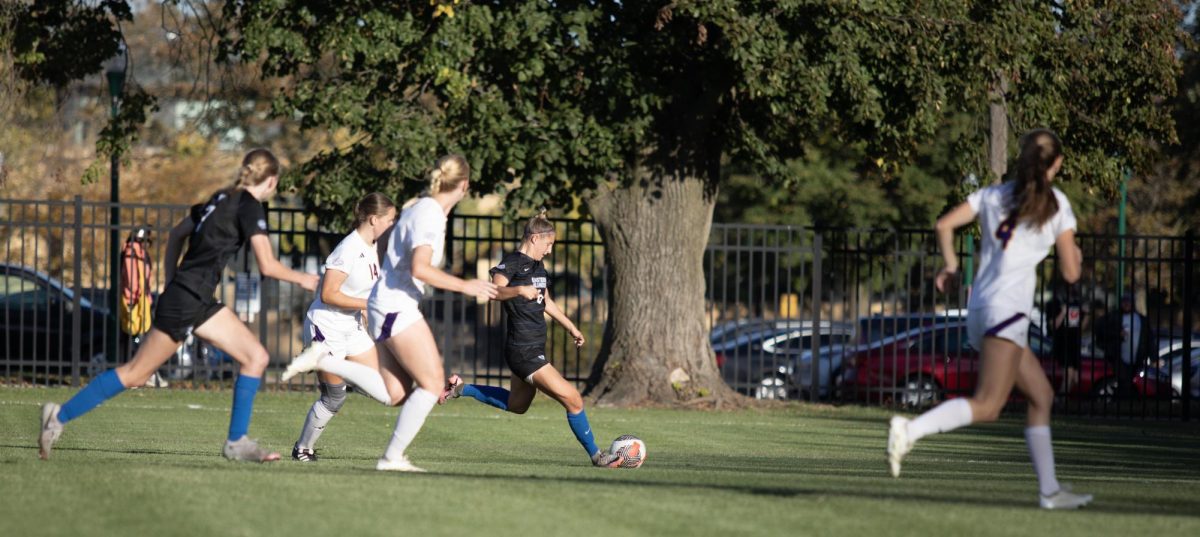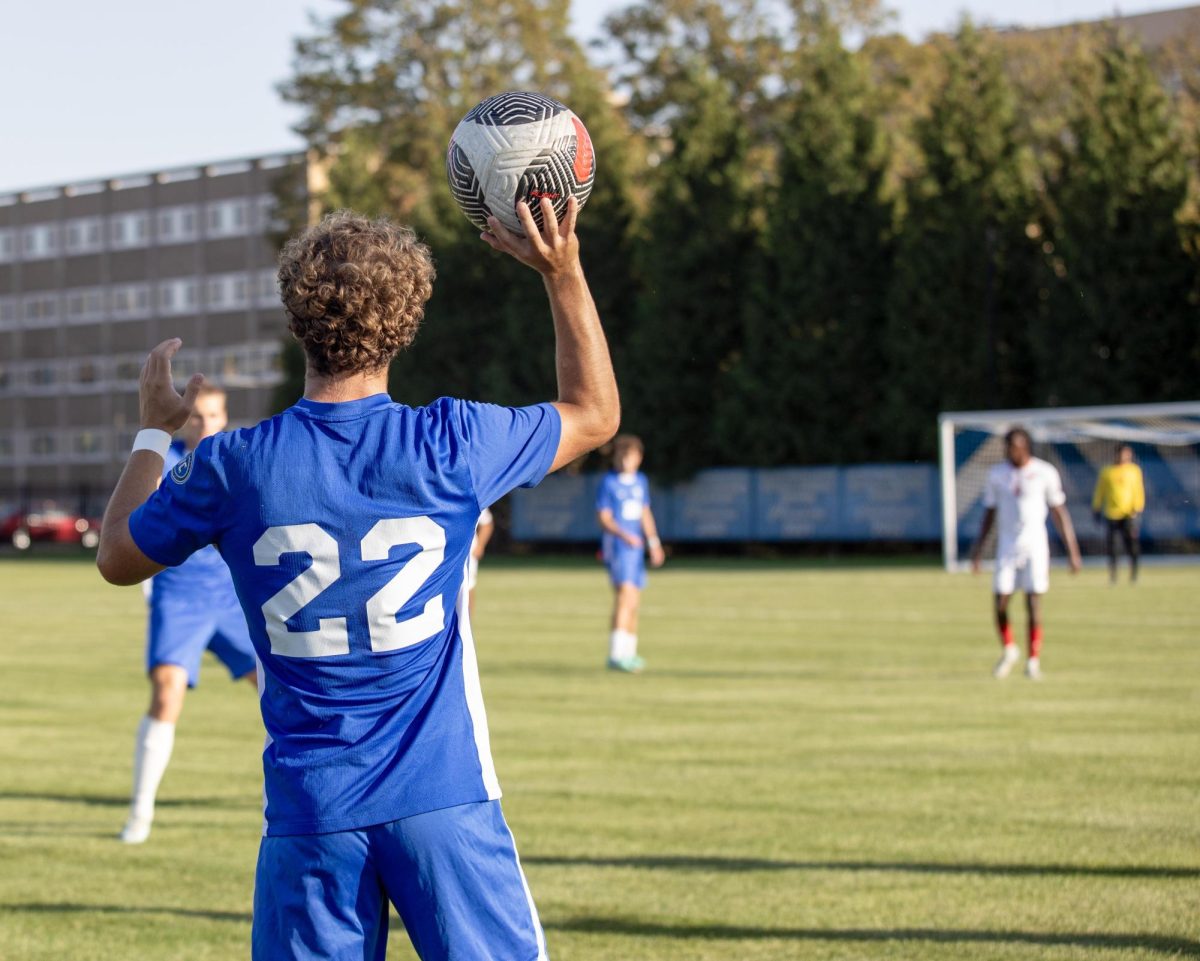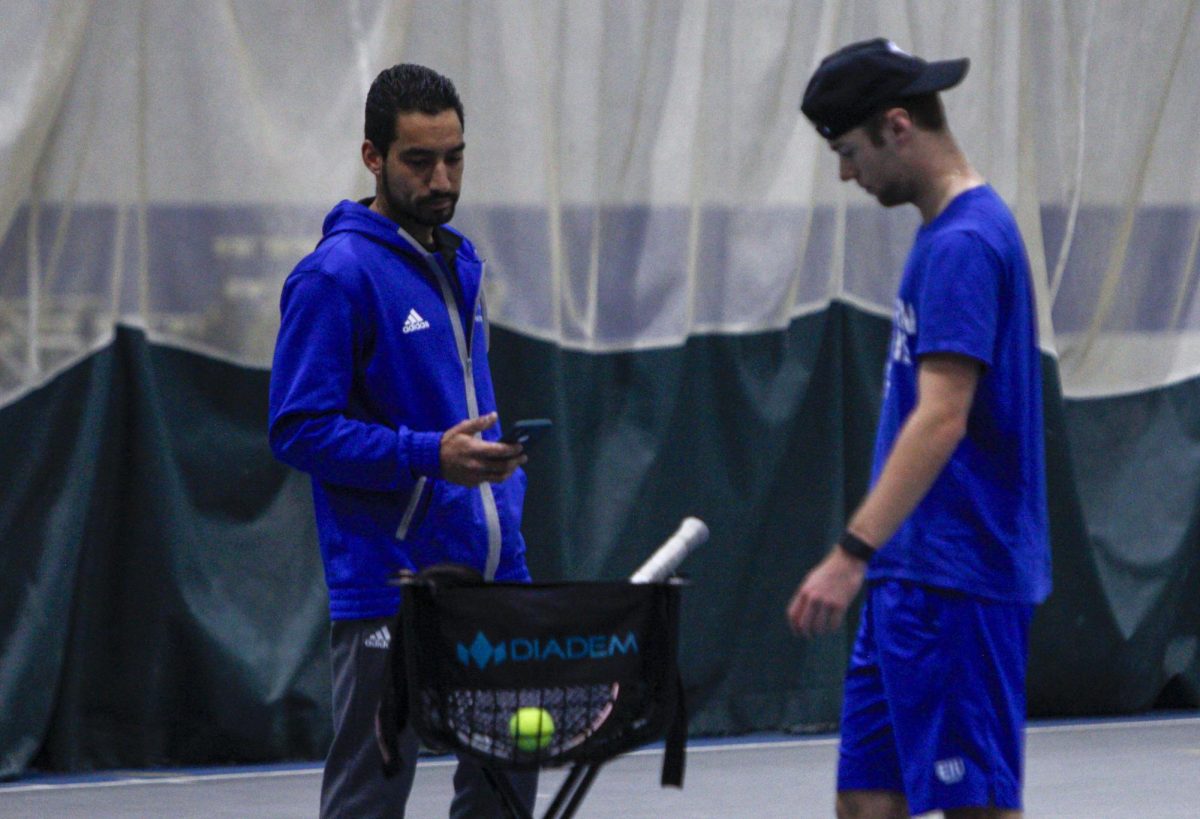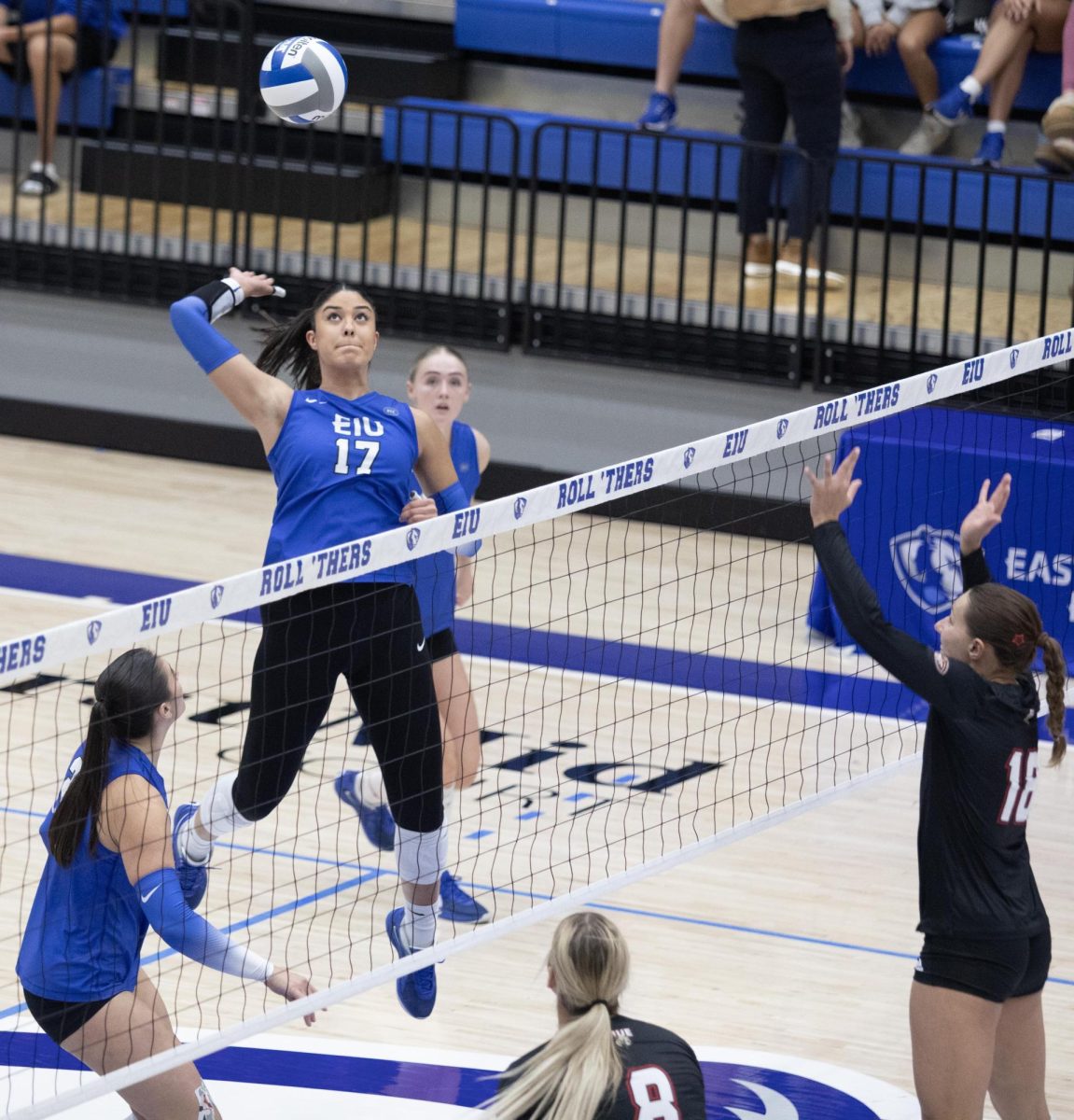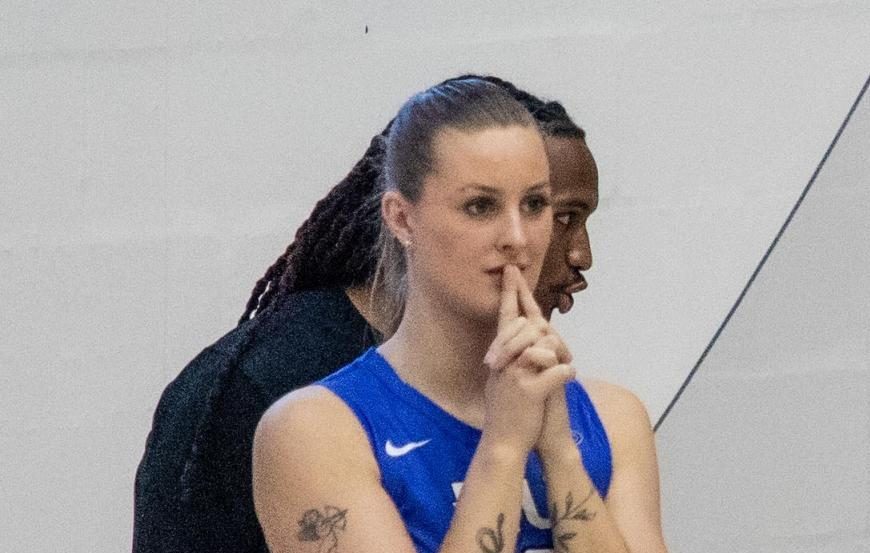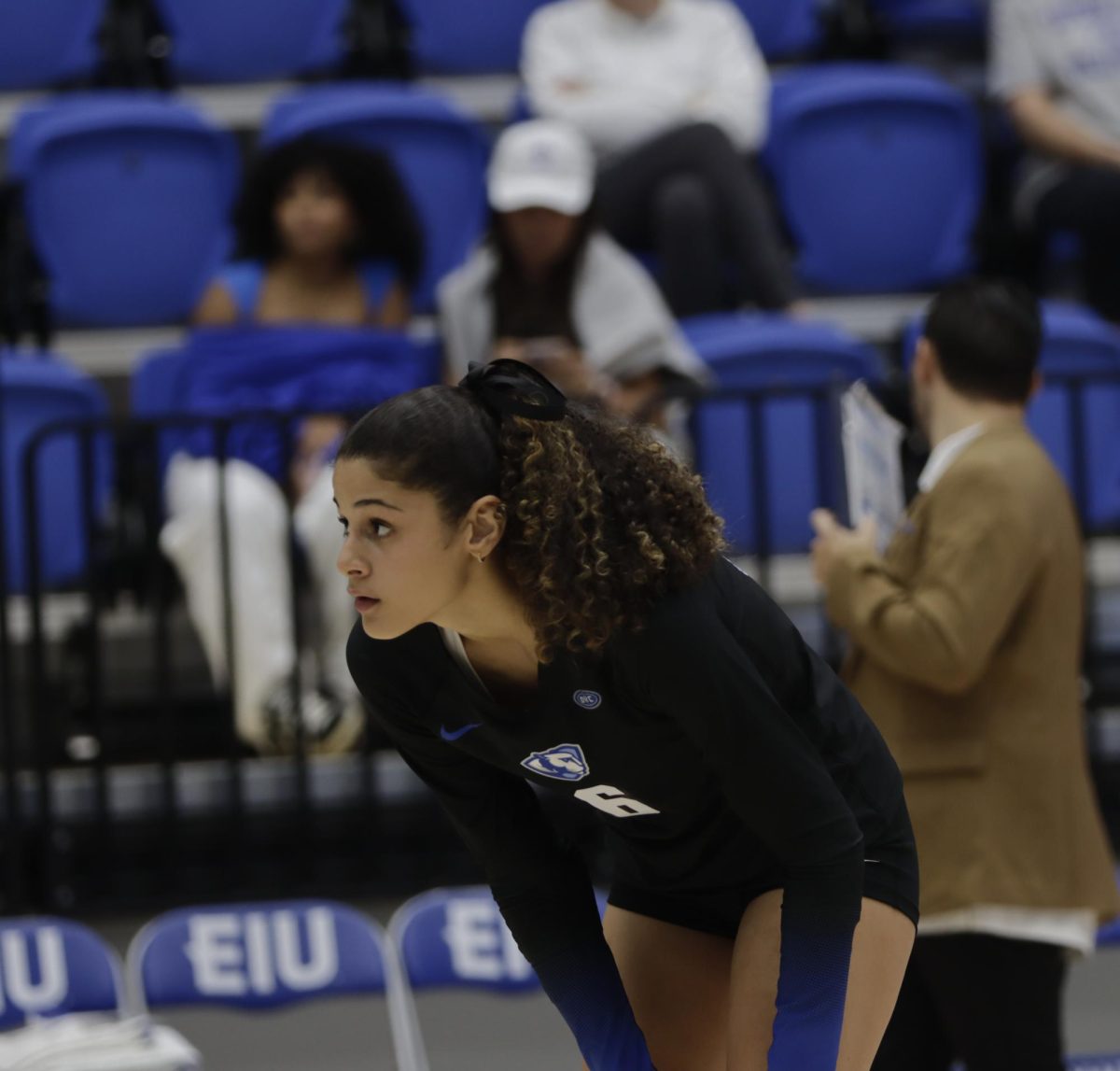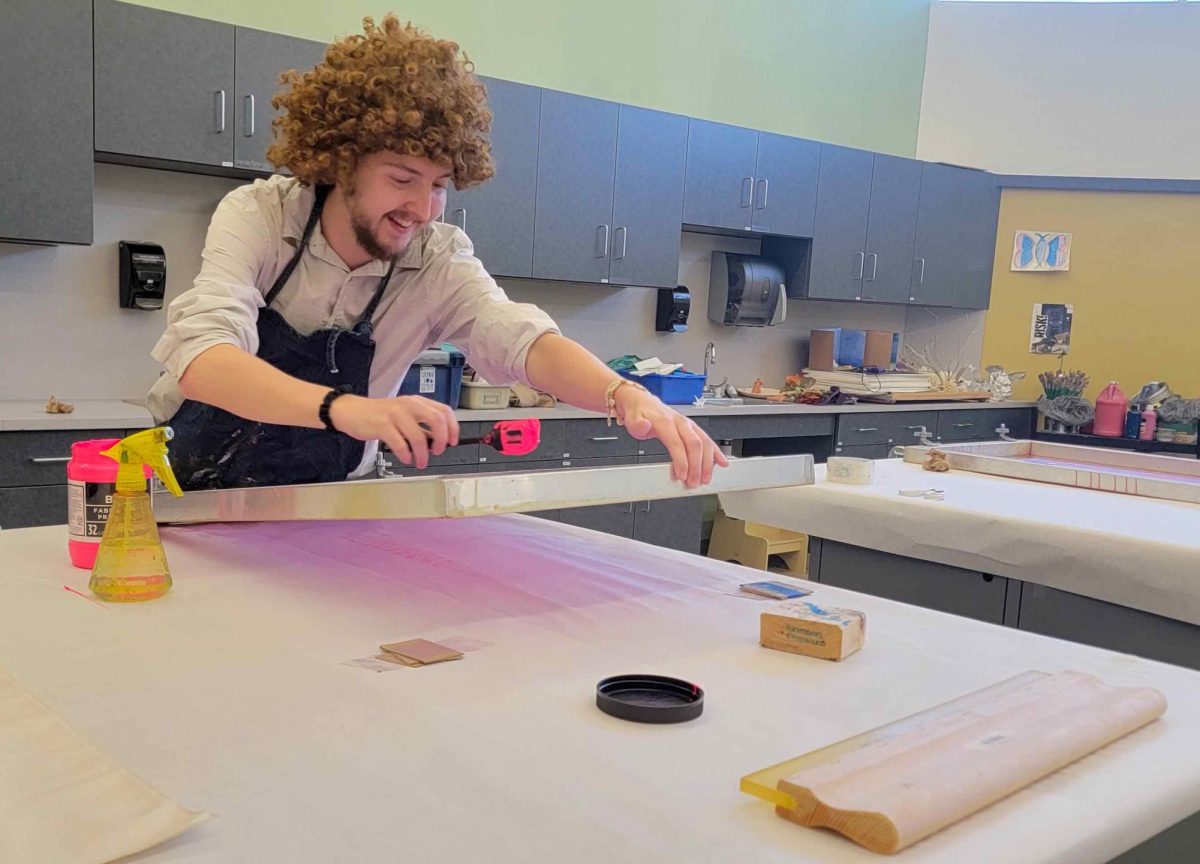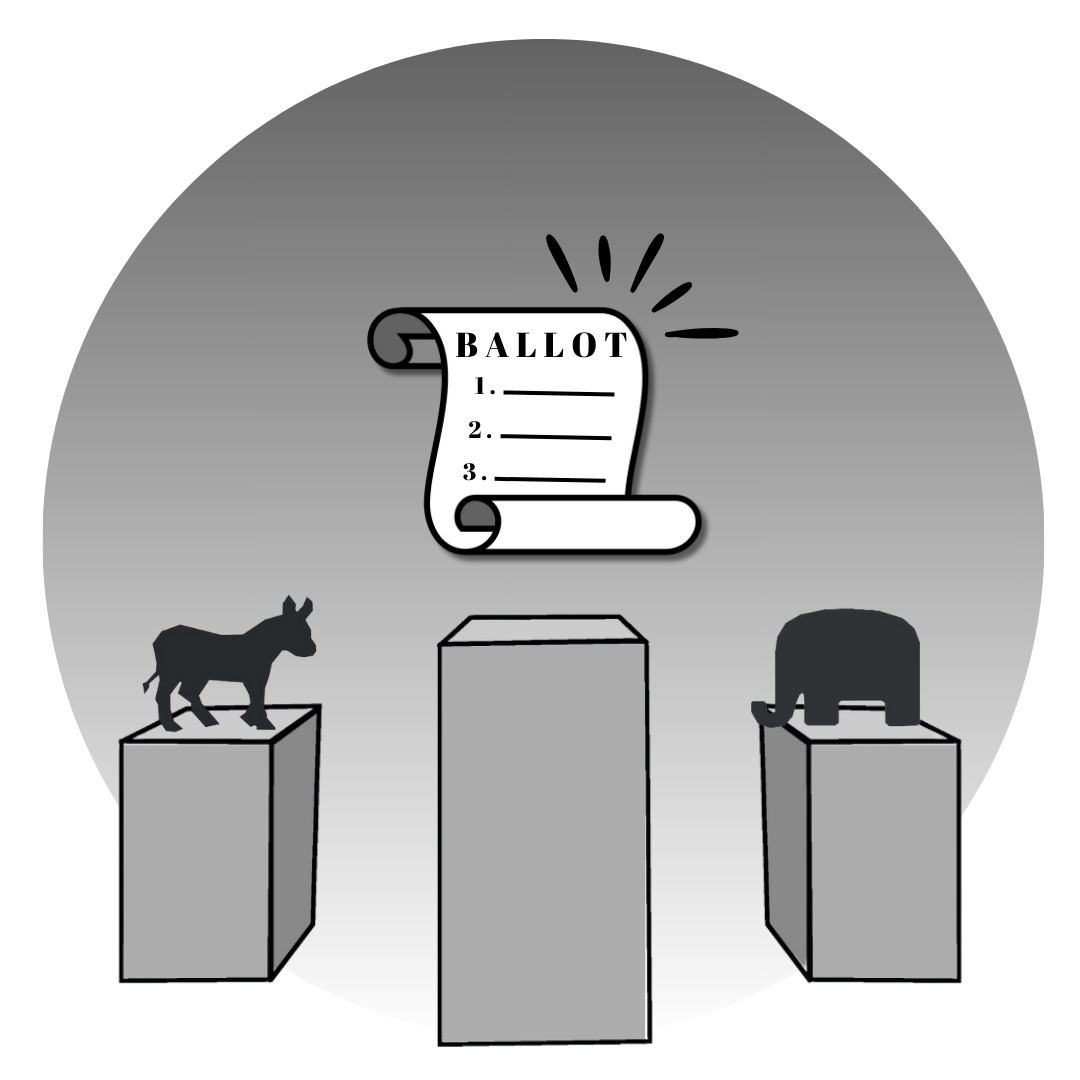COLUMN: Check on us: We’re not OK
June 5, 2020
Check on the college students in your life during this pandemic and economic recession. We’re not OK.
In fact, (at least) half of the country isn’t doing OK.
A Kaiser Family Foundation poll found that 45 percent of adults have been “negatively impacted” by the virus.
The KFF also says that job loss is associated with depression, anxiety and other emotional distress, which seems obvious but makes the thought of the current state of mental health more bleak.
In Illinois alone, the unemployment rate hit 16.4 percent in April, according to the state’s Department of Employment Security. For Illinois’ metropolitan areas in 2019, the average adjusted unemployment rate was 3.81 percent, according to the IDES. Now the average is 16.1 percent.
That is devastating.
As the country nears another recession, the KFF warns that, like during the Great Recession, increases in suicide rates as a result of rising unemployment is certainly possible.
College students, like the rest of the world, are suffering, but we’re suffering in a different way.
Students are already in a transitional period. We’re working toward a larger goal, and there’s a lot of stress to endure along the way.
A lot of college students (myself included) sometimes go through periods of feeling lost — perhaps second-guessing career paths even, which is scary and isolating.
Throw in a stay-at-home order because of a global pandemic and you’ve got some very, very isolated college students.
Most of them won’t even get stimulus checks, considering a majority of them are dependents, according to Forbes.
Granted, the federal CARES Act has helped, but it does little to remedy most students losing their jobs, being dependents to families who are unemployed and/or sick, and an expanding mental health crisis that’s only getting worse. It’s not good.
So what are we supposed to do about it? How can we help the people who are feeling especially “not OK” right now?
Something I’ve started internalizing is the fact that everyone deserves therapy. “Deserves” is the key word there.
It doesn’t matter whether you think you need it or not: You deserve it, and you should try it.
There’s definitely a stigma associated with seeking professional help for mental distress. It’s like an unspoken idea that people are less-than for wanting help.
First of all, let’s normalize going to therapy. Period.
Second, it’ll take more time, but let’s normalize the idea that everyone deserves therapy.
It’ll be significantly more difficult for many people who do want therapy to actually go considering the visiting restrictions. Some therapists are working remotely, and that’ll turn off a chunk of clients.
But still, if you feel like you need therapy, seek it. If you don’t feel like you need it, seek it. You deserve it.
And if someone in your life is seeking therapy, encourage and support them through it.
The Centers for Disease Control and Prevention list a number of stress-reducing measures people can take. It’s definitely worth a look if you’re feeling depressed, anxious, stressed or otherwise emotionally distressed because of this pandemic.
Also, check on the people you think may be going through hard times right now. College students? Yes. Essential workers? Yes. Suddenly unemployed individuals? Absolutely.
Just check on anyone you care about. Reach out. You won’t realize how much better it’ll make you both feel until you just do it.
After the sudden changes my family and I went through during the beginning of this pandemic, I felt more isolated than I ever had before. Any issues I had before the pandemic now seemed to be magnified by a million.
What I wanted more than anything was the communication and socialization that I was so used to because that’s what made me feel like myself. But the restrictions made it impossible.
Only about half of the people I normally socialized with communicated with me remotely. Probably half of that half communicated with me regularly.
What I really wanted was for more people to reach out to me.
They didn’t, and that hurt.
So to turn the situation around, I started reaching out to people I thought could use the communication.
It was a total two-way street; it helped me feel better.
So reach out to us. We’re not OK, but we’ll feel better after you say “hi.”
Logan Raschke is a senior journalism major. She can be reached at 581-2812 or at lrraschke@eiu.edu.


